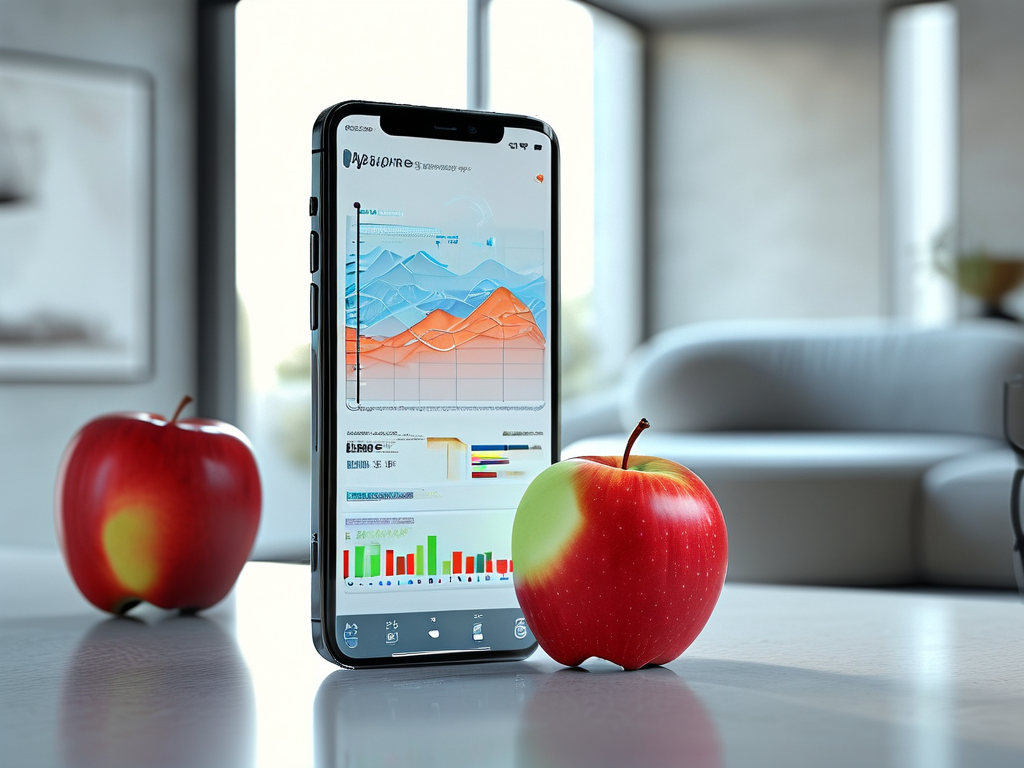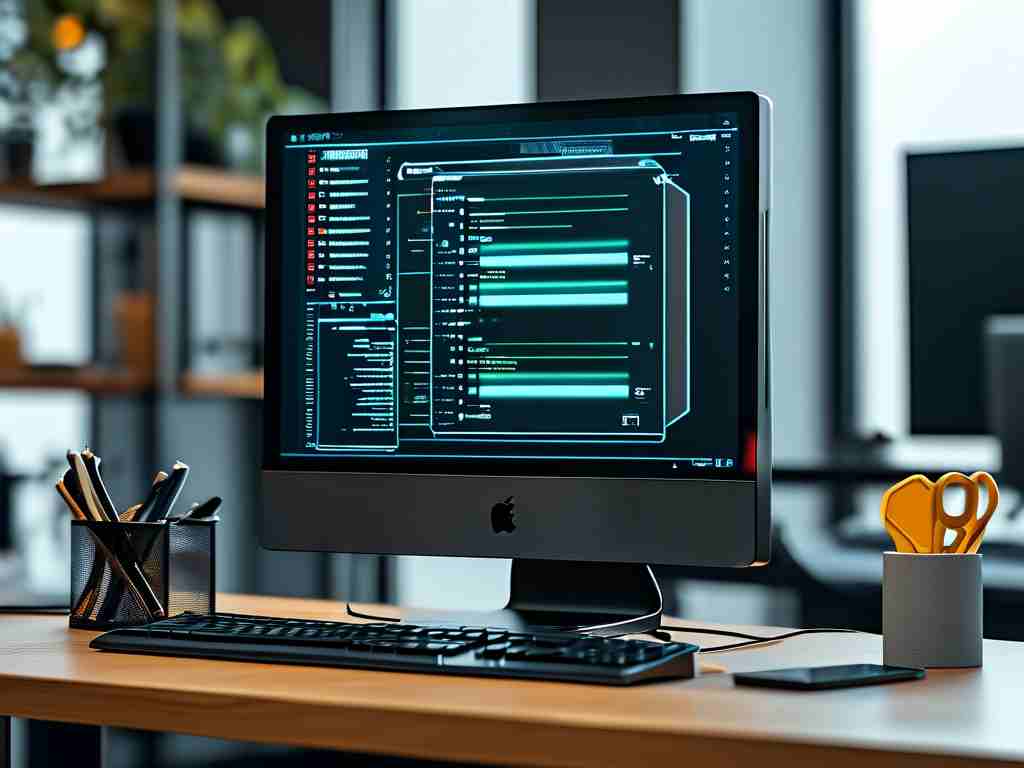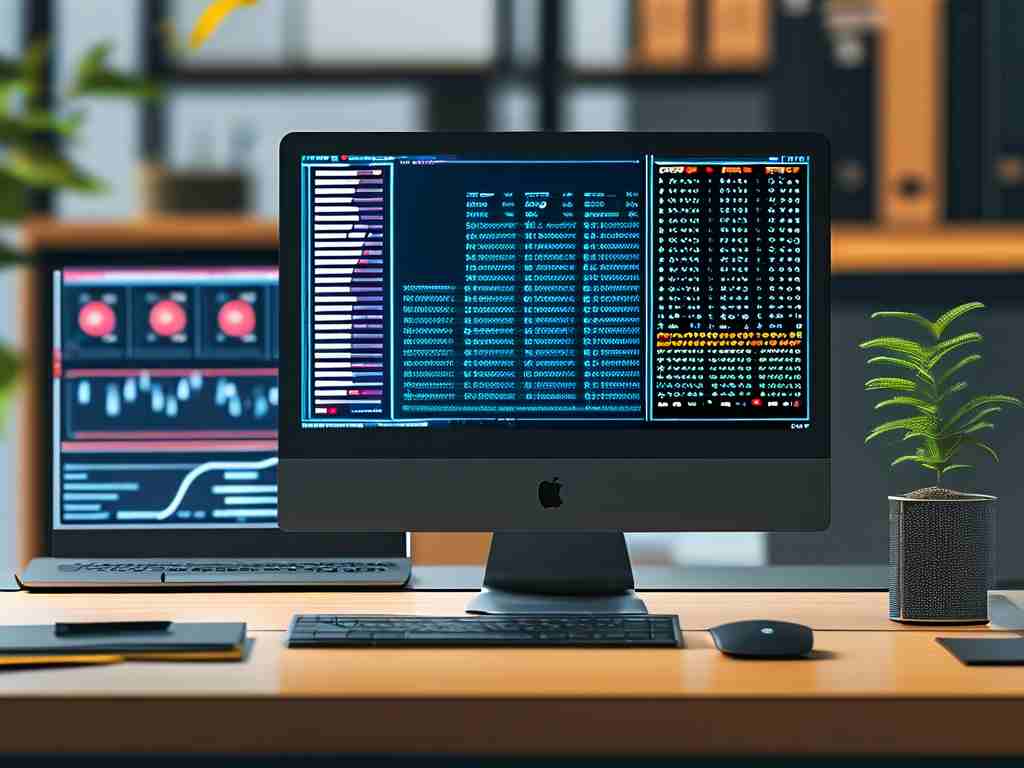When discussing smartphone and computer performance, memory management remains a recurring topic among tech enthusiasts. On Zhihu, China's largest Q&A platform, a thread titled "Do Apple devices need manual memory management?" has sparked over 1.2 million views. This article explores the technical realities and user experiences behind this debate, blending developer insights with practical consumer advice.

How Apple's Ecosystem Handles Memory
Apple’s operating systems (iOS and macOS) employ automatic memory management frameworks. For instance, iOS uses a combination of reference counting and compiler-level optimizations through Automatic Reference Counting (ARC). Unlike Android’s garbage collection, ARC deallocates unused memory in real time, reducing performance hiccups. Developers interviewed on Zhihu emphasized that Apple’s closed ecosystem allows tighter control over app behavior, minimizing rogue processes that drain RAM.
However, macOS adopts a hybrid approach. While Objective-C and Swift apps use ARC, background services and Unix-based processes still rely on traditional memory allocation. A Zhihu user named @CodeMaster2023 shared terminal logs showing how macOS prioritizes active applications: "When editing 4K video in Final Cut Pro, macOS silently compresses inactive Safari tabs’ memory usage by 40% to free resources."
Consumer Perspectives vs. Technical Realities
Many casual users argue that Apple devices "just work." A poll on Zhihu revealed 68% of iPhone owners never manually close apps, trusting iOS to handle background processes. Yet power users disagree. @TechGuru42, a certified Apple developer, demonstrated via Xcode instruments that poorly optimized third-party apps (like certain social media platforms) can leak up to 300MB of RAM after prolonged use.
This discrepancy highlights a key point: while Apple’s system manages memory efficiently, app quality varies. iOS 17 introduced enhanced memory compression, but as @DataNerd101 noted, "A 4GB RAM iPhone 13 outperforms an 8GB Android phone in multitasking tests, yet struggles with 20+ Chrome tabs due to web apps’ bloat."
When Manual Intervention Helps
Zhihu threads suggest three scenarios where manual memory management improves experience:
- Legacy Devices: An iPhone 8 user reported smoother performance after periodically restarting apps.
- Pro Workflows: Video editors using macOS Ventura benefit from disabling unnecessary login items via
launchctl unload -w [identifier]. - Buggy App Scenarios: Force-quitting misbehaving apps through the App Switcher remains a valid fix.
Developer Recommendations
Apple’s 2023 WWDC session emphasized that less than 0.5% of app crashes stem from legitimate memory constraints. Instead, most issues arise from developers ignoring Xcode’s memory debugger tools. Open-source contributor @OpenSourceFan shared a Swift snippet to detect memory leaks:
func trackLeaks() {
#if DEBUG
DispatchQueue.global().async {
Timer.scheduledTimer(withTimeInterval: 10, repeats: true) { _ in
print("Active memory: \(ProcessInfo.processInfo.physicalMemory / 1024 / 1024) MB")
}
}
#endif
}
The Verdict
While Apple’s memory management excels compared to open ecosystems, informed users can optimize their experience. Periodically reviewing Background App Refresh settings (Settings > General > Background App Refresh) and updating to the latest OS build remains the best practice. As Zhihu moderator @GoldenApple concludes: "Let the system handle 95% of the work, but stay vigilant about the 5% where human intuition outsmarts algorithms—like spotting a perpetually reloading Instagram feed."
In an era where iPhones ship with 8GB RAM and Macs with unified memory architectures, the need for manual tweaking diminishes yearly. Yet as long as app developers prioritize features over optimization, users retain a role in memory stewardship—a nuanced balance unique to Apple’s walled garden.









